Game description:
Depression places the player in the role of an artist who no longer feels connected to his work. Days repeat without change, and the ability to create has disappeared. The world around him reflects this state—quiet, repetitive, and without clear purpose. The character drifts through familiar spaces, no longer finding meaning in things that once mattered. This is where the story begins, not with action, but with a lack of it.
Talking To People Who Still Care
As the player moves through the environment, there are moments when it’s possible to speak with neighbors. These conversations do not lead to progress in the traditional sense, but they interrupt the silence. Some responses feel casual, others slightly distant, but all show a willingness to engage. The character can choose to participate or walk away. These moments, while small, build the rhythm of the experience.
Move with W, A, S, D
Look around with the mouse
Interact with E
Run using Shift when allowed
Continue conversations with Space
A Single Decision With No Return
Later in the game, the player is presented with a choice. It involves an action that can only be attempted once. The game makes no promise about the result, and there’s no option to undo it. This moment becomes a turning point, not through a dramatic scene, but through its finality. What happens afterward reflects this single choice, shaping the final steps of the game.
A Space That Mirrors The Mind
The visuals and structure of the game reflect the mental state of the main character. Rooms are familiar but slightly distorted. Time seems to pass, but nothing truly changes until the player interacts with others or makes the central choice. Dialogue is short and open-ended, encouraging the player to think beyond what is said. Sound design is minimal and used mostly to emphasize key moments or shifts in focus.
A Short Experience With One Outcome
Depression is designed to be played once, from beginning to end, without replay mechanics. There are no achievements, collectibles, or branches. Instead, the story unfolds in a single direction, shaped by small interactions and one irreversible action. The result is not a message or lesson, but a space for thought. The game ends without resolution, leaving players to consider what was lost and what remains.










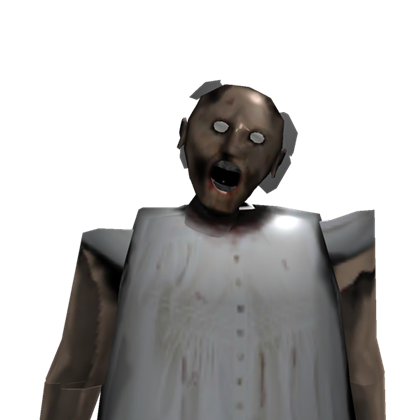






























































































































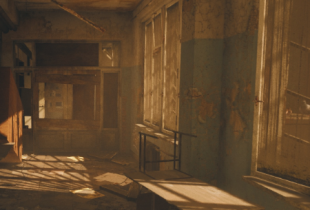
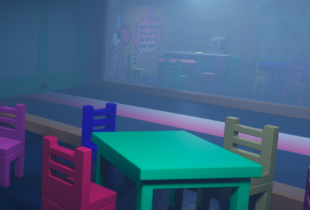
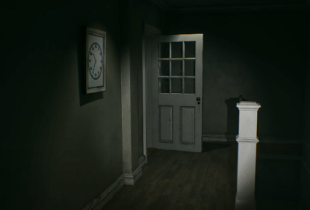
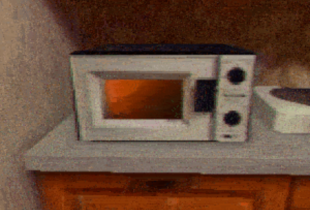
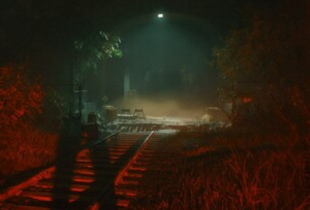
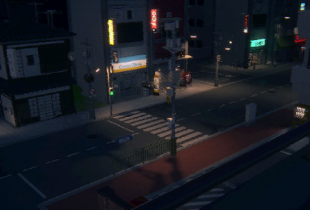
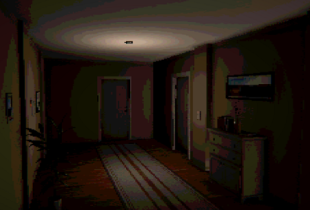
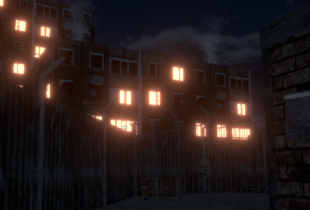

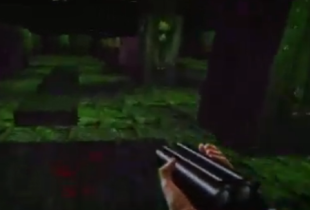
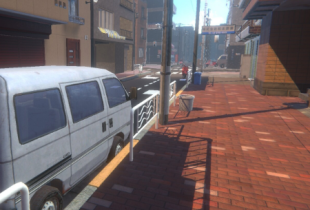
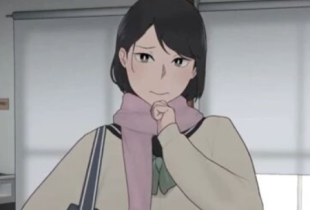
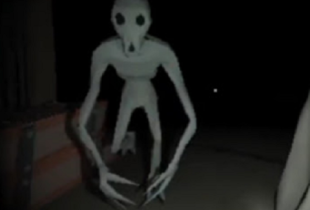
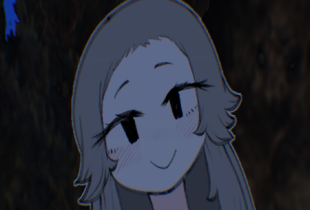
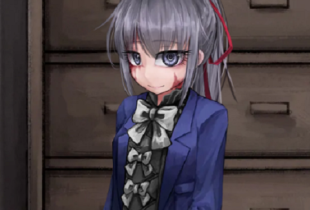
Comments